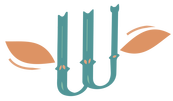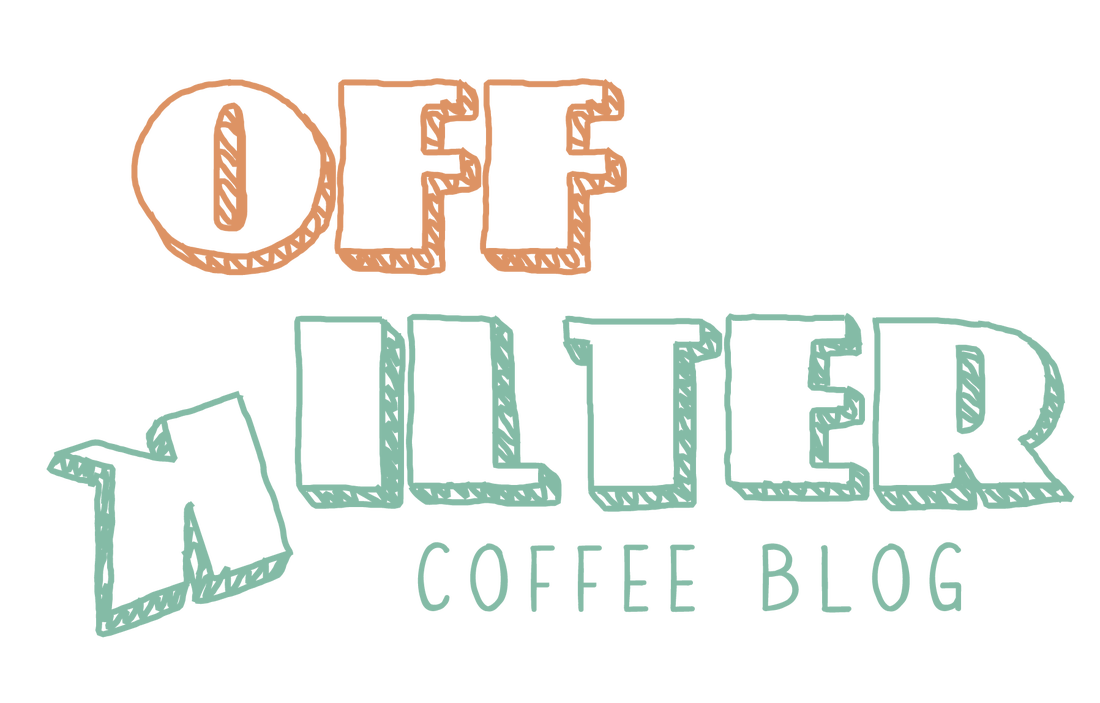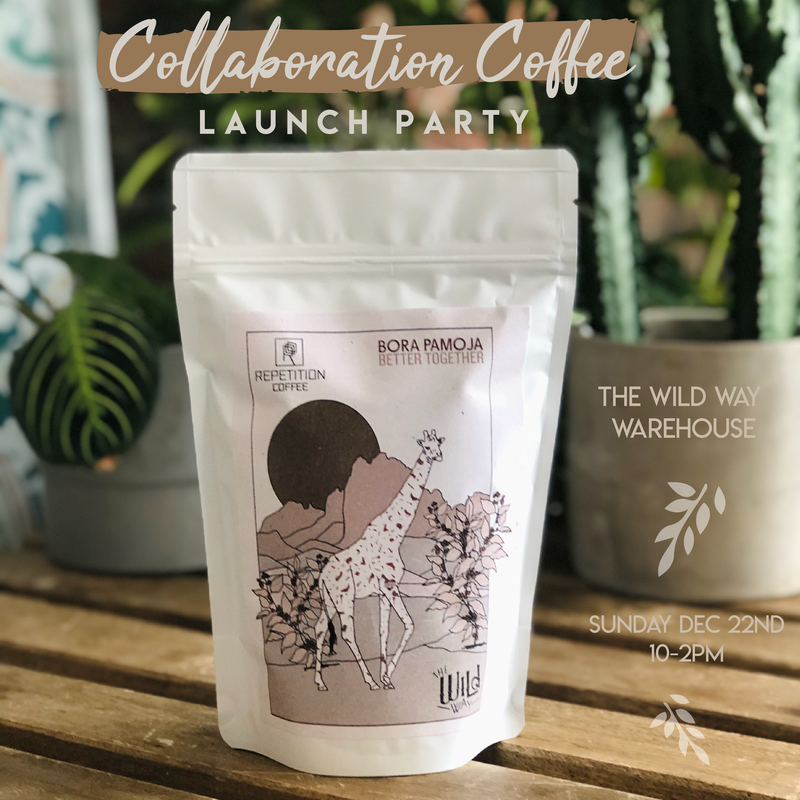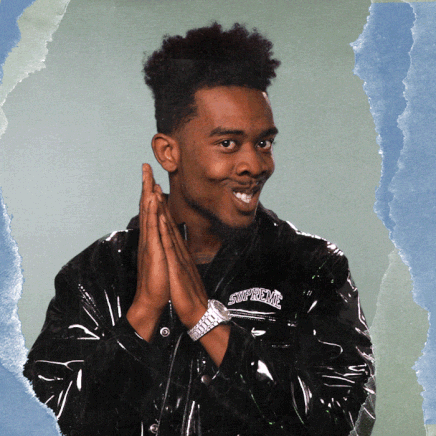Kenya Believe it?!
12/11/2019
We are very happy to announce something that we’ve been working on behind the scenes at The Wild Way -- a special collaboration with Repetition Coffee from Lawrence, KS!! (Shout out LFK.) Repetition Coffee has a special place in our hearts. We carry their coffees and showcase them on our pour-over menu because they’re damn good. In addition, their head roaster and owner, Amy Pope, is 10/10 a badass & essentially a local hero. Did she save a cat from a tree? Maybe! Did she create a meaningful company that literally screams “local” while honoring a global product? Yes. Hell yes. We partnered with Amy to bring you Bora Pamoja; a coffee that’s as rad as the lady who roasted it and the country it came from. So I want to show you all two things; 1.) Amy’s perspective on sourcing & choosing this coffee, and 2.) The Wild Way process of building a professional recipe for different brewing methods! Let's get to it!! “ I fell in love with and tasted this coffee for the first time in February when I was on a sourcing trip to Uganda and Kenya with Crop to Cup. C2C is a small coffee importing company based out of NYC. It’s founders previously worked for the UN on water works projects in Uganda, so their relationships are deep. They speak Swahili and Buganda, understand the local culture, and the Eastern African coffee market, which made them the perfect tour guides through both countries.” - Amy Pope, Repetition Owner SOURCING COFFEE: When traveling to other countries, dealing with other markets, and most importantly other cultures, having a knowledgeable and a locally sensitive partner is irreplaceable. “The main challenge in Kenya is to find coffee estates that are locally owned and/or locally run…The Kiriga Estate is Kenyan owned, purchased from British settlers with coffee plants 50-70 years old. The estate is located in Murang’a in Kiambu, just north of Nairobi. Because of the very rigorous, quality-driven auction system, the coffees that come out of Kenya are some of the highest quality coffees in the world.”-Pope OWNERSHIP & AUCTION: Kenyan owned farms ensure the most of the finance stays in Kenyan communities. If you want your coffee bought at a coffee auction in Kenya, the quality has to be absolutely premier. This Kenya coffee is SL-28 and SL-34 varieties and because Kenya coffees naturally have a higher acidity, a light, shorter roast on this bean is able to preserve the natural acidity." - Pope VARIETALS & ROASTING: Wondering WTF is a “SL” and why do I care? Scott Laboratory varietals (‘SL’ for short) are, well, the absolute shi*. Hired by the Kenyan government long-long-ago Scott Labs identified the most agriculturally and economically viable coffee varieties and now we have the top 2 (SL-28 & SL-34). SL-34 is typically rockin’ the mouth feel department, creating a syrupy & lingering cup! SL-28 (my favorite varietal of all time so I’ll try to slow down and breath right quick) is the higher altitude, sparkly, complex, sassy cousin of SL-34. Mash ‘em up and you’ve got yourself a dynamic and taste tour of Kenya! Keeping these flavors intact means choosing the right roast profile, so that’s why Amy and her team chose a lighter roast. P.S.) Okay, I’m gonna do a whole post on Scott Laboratories, SL-28, and varietals so if you’re still feeling like I might as well be talking about Dexter’s Laboratory instead of Scott Laboratory...we got you covered in future posts! Now, onto our own process at The Wild Way! We’ve seen that there’s A LOT of work that goes into the coffee before it reaches a coffee shop. A great team of baristas will always do their best to honor the roaster, the farmer, and the crop by preparing the coffee in a way that highlights each stage of the coffee’s journey and the intent for the bean as it goes along. Our job is the final step before it gets to you, the customer! For us, this means tasting the coffee over and over, tweaking and dialing in along the wild way. A “drip” cup of coffee can have different ratios of ground coffee and water. It can have a thicker or thinner gauge of filter that holds back more solids in the cup. There can be paper filters, metal filters, cones & flat bottoms. And that is just the start. And, #TBH, we also go through a detailed and finicky process for espresso as well. As we went through the recipe journey, we settled on what we like best; for pour-over we stick with our tried and true 1:15 ratio and use the flat bottomed kalita wave as our brewing device. This slows down the extraction and boosts the mouth feel of the SL-34, helping to add some sweetness and balance to the lively acidity of all Kenya coffees. In the final cup we taste some bougie flavors like dark caramel, candied orange, and sweet rosemary. For espresso, we took a typical 1:2 ratio, nailed it. Bright lemon-meringue flavors pop out with a subtle finish of sugary sweetness. We also thought we might push the limits a little. So we played with, and loved, a 1:3 ratio as well. Fellow baristas feel free to close your gaping mouths. Mischievous and magnificent results. This ratio gave us round flavors...dark bootstrap molasses with caramelized grapefruit acidity. Y’all...this coffee is life. We named the coffee, Bora Pamoja, which means "better together" in Kiswahili. We chose the name to honor the relationship between the farm, importer, roaster, and brewer. We are all, better together. A big thanks to Amy and the Repetition team, Crop to Cup Importers, and of course, The Kiriga Estate in roasting, sourcing, and producing this coffee. We are honored to have our name on this bag and brew this coffee in our camper! Come be one of the firsts to taste this collaboration coffee at our Warehouse Sunday the 22nd (rescheduled from the 15th due to snow storm!) where we are throwing a party in its honor. The collab bags are for sale (Christmas anyone?) and is being served in three different ways in the camper! Swing by the Warehouse 10am-2pm on the 22nd to be a part of this coffee’s story!
Comments
|
THE WILD WAY CONTRIBUTING WRITERS: |






 RSS Feed
RSS Feed
